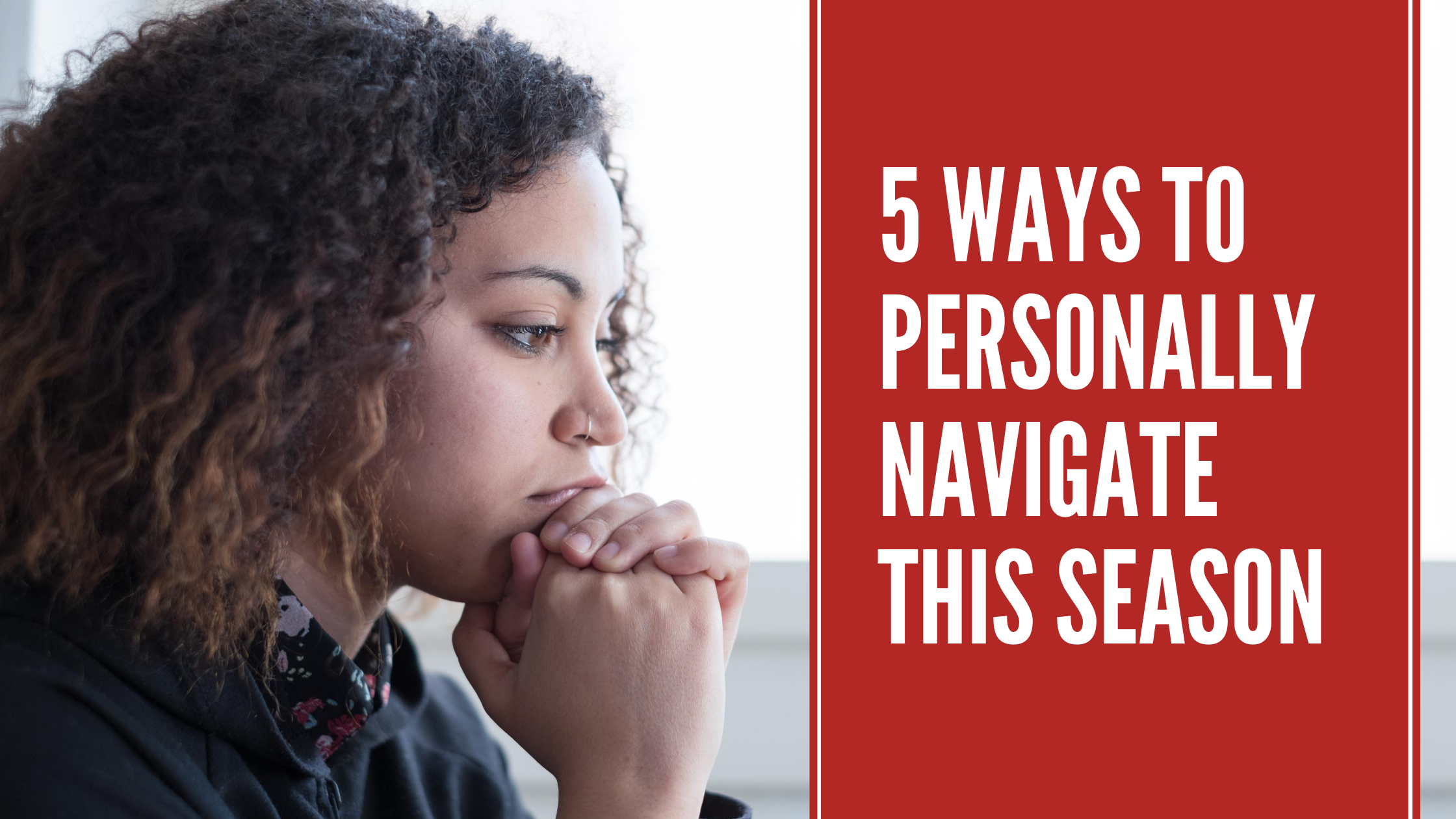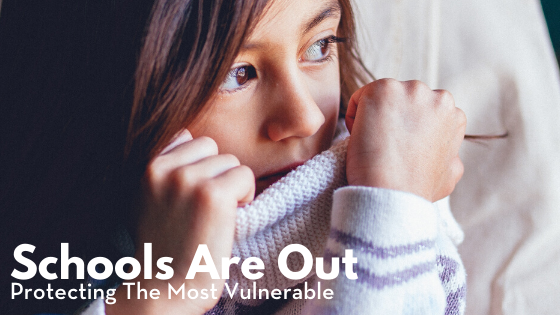Connecting with your students can be difficult. Here are 3 big ideas to make connecting easier for you.
Category Archives: Youth Ministry
5 Ways To Personally Navigate This Season
How will you continue to navigate this season? March 8 was the first Sunday that many churches throughout the world went online for worship in an effort to avoid in-person worship during the outbreak of COVID-19. As of the date of this article, that was less than 150 days ago. In less than 150 days, […]
When Spirituality Is A Struggle
Right now, spirituality is a struggle for many of us. I’ve recently been following Jon Steingard, former lead singer of Christian band Hawk Nelson, on social media. If you know me, it’s not surprising – I follow most of my favorite musicians on several platforms. But it’s Jon Steingard that I’ve followed most closely lately. […]
Faces On Zoom: Blank Screens And Ceiling Fans
We’ve all done it, right? You put time, effort, and energy into prepping a virtual lesson for the youth group. You’ve advertised, and you or your volunteers reach out to the students, then you get online early in case anyone drops in to chat. You wait, and soon people begin to log on. You think, […]
5 Reasons To Change Churches
We have all been there as youth ministers… attempting to discern when and why to change churches. Hopefully, these ideas will help you to make your decision. 5 Reasons To Change Churches #5 No Parent Volunteers Now, many of us might not even know what a parent volunteer looks like anymore. Many ministries look like a “drop-off” […]
WHAT DO YOUTH WANT?
It’s time to set the annual calendar for the youth ministry. Who do you invite to the meeting- church pastor, volunteers of the ministry, parents? What about the teens within the ministry; did you consider inviting them? Many have been guilty of believing that the youth of the ministry will not know what they want […]
Give Yourself A Break
I do not know who needs to hear this but give yourself a break. You are doing the best you can, and that is more than enough. Are you finding it hard to be motivated to do things right now? Do you feel like the things you are doing are not good enough? Do you […]
Schools Are Out: Protecting The Most Vulnerable
Whether schools are out for summer break, or as we are experiencing in this current situation where a pandemic has caused the untimely closure of schools, the consequences experienced by kids may be more than you would expect. The educational, health, and safety impact of school dismissal can be especially significant in some of the most vulnerable […]
Summer Of Opportunity
“Losing what we thought our summer would be, just sucks!” I said that to a student a few days ago and almost immediately regretted it. It’s true, the next few months are not going to look anything like we anticipated. No camps, no mission trips, and no fun with our students. With our world in […]
What If Students Are Struggling More Than The “Norm?”
In youth ministry, your mission is to promote the spiritual, emotional, mental, and physical well-being of all youth under your wing. And now, during a global pandemic, which has forced the world to shut down and become shut-in, and while your job may look 100% different than it did six weeks ago, your mission is […]










